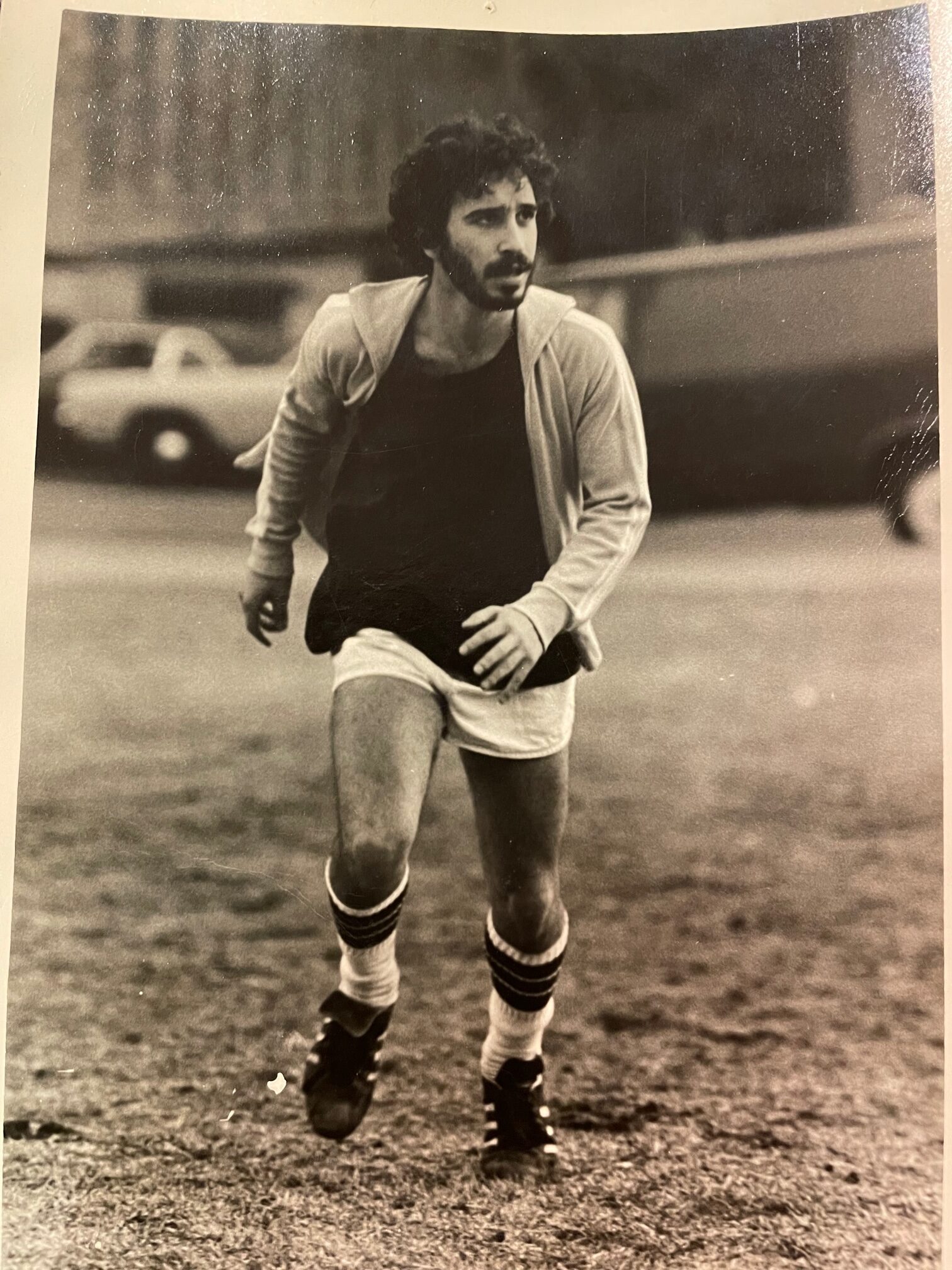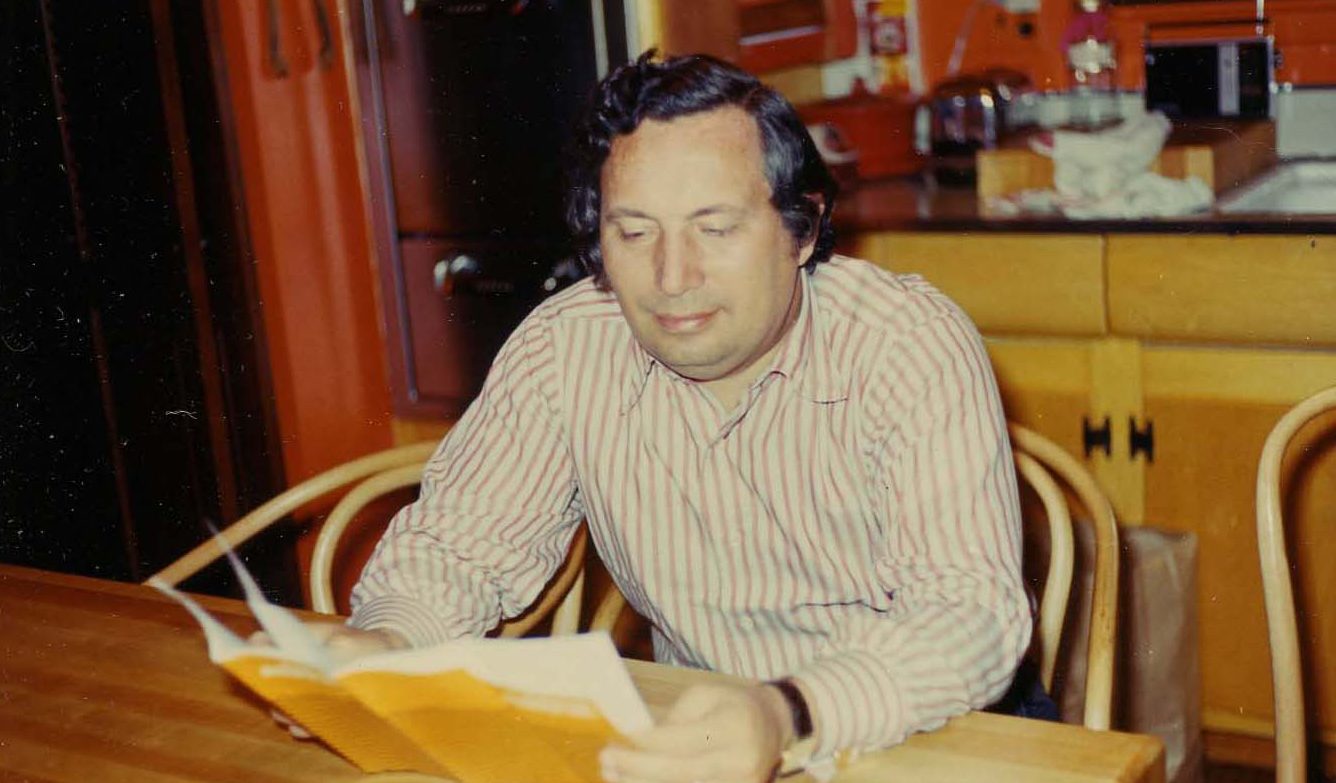In companies large and small, business leaders understand that their effectiveness is based on well-established, consistent habits. They frequently scrutinize their everyday actions to ensure they are on the right track towards their long-term visions.
These leaders understand success is a cumulative process. They stand firm in the belief that even if results don’t appear immediately, the strategies and tactics they’ve established will keep their teams motivated and aligned. Their satisfaction comes from knowing that persistent effort will inevitably pay off.
Here are five core practices that effective leaders often utilize:
- Active Communication: Mindful leaders maintain open communication, with a regular schedule for individual and group meetings. They optimize these interactions by sharing agendas in advance, clearly stating the meeting’s purpose, and arriving prepared to make pertinent decisions. They avoid scheduling meetings back-to-back, allowing for strategic preparation and debriefing.
- Structured Planning: Instead of being reactionary, top executives proactively manage their workdays. They intersperse their day with time in the morning to strategize the day ahead, mid-day to reassess ongoing projects, and end of day to prepare for the next. This approach prevents hasty, impulsive decision-making and wasted time.
- Calendarizing Schedules: Rather than leaving their day to chance, high-performing leaders block time in their schedules for critical tasks. This intentional time allocation covers both personal and professional goals, ensuring key initiatives and personal wellbeing are addressed. Many utilize digital applications to plan their day and use their time most effectively.
- Peer Support: Recognizing the limitations of solitary decision-making, even successful CEOs engage with trusted colleagues for diverse insights and opinions. By sharing their objectives with others, they enhance the effectiveness of their company’s goals. Support networks, such as peer groups, masterminds, or mentorship arrangements, provide a community of wisdom and inspiration.
- Commitment to Continuous Learning: Despite their hectic schedules, the best leaders prioritize ongoing education. They stay abreast of new developments through podcasts, reading, and engaging with other thought leaders. This relentless pursuit of knowledge is strengthened by creating good habits and cultivating continuous self-improvement.
While changing old habits and creating new ones can be challenging, the most effective business leaders find fulfillment in this process, focusing on incremental growth with a long-term vision.
At Collaberex we encourage and support members to become exceptional leaders and business owners by utilizing these five habits and building a robust framework for personal and professional growth.



